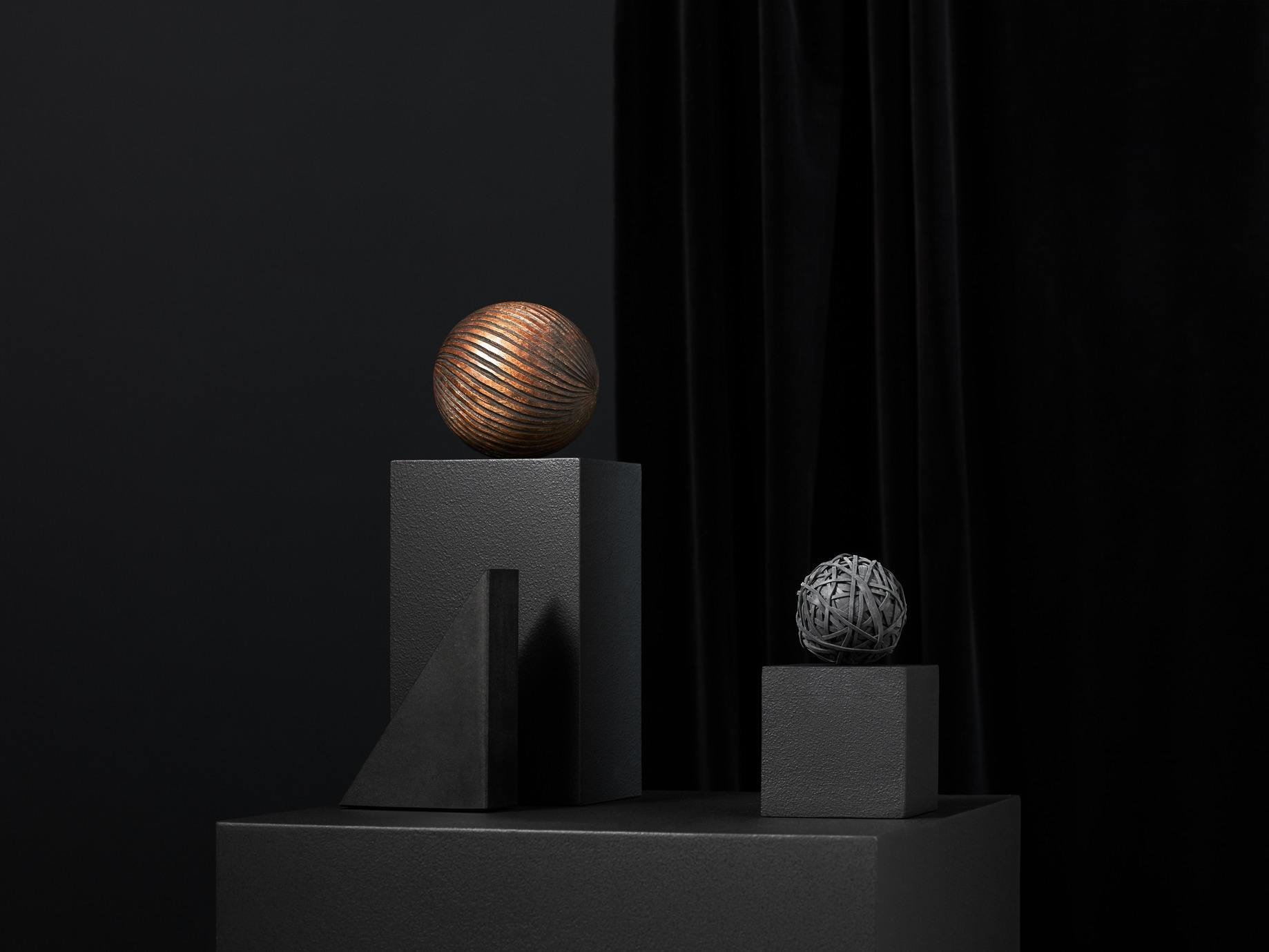Rukmani Hart (née Rusch)
Practice Director & Speech Pathologist Bachelor of Speech Pathology (James Cook University, 2010) | Certified Practicing Speech Pathologist
Rukmani has over ten (10) years experience working specifically in managing adult communication and swallowing disorders associated with stroke, brain injury and progressive neurological conditions. She has worked in Australia and in the United Kingdom, in acute hospital settings and across the rehabilitation continuum of care. Rukmani has a specific interest and extensive experience in working with people with aphasia and their families. In particular, she is interested in the impact of aphasia on parenting and relationships (including friendship), communication partner training, return to work, accessing the community and return to activities that evoke happiness. After ten rewarding years of continuous employment with the Cairns and Hinterland Hospital and Health Service, Rukmani departed the public sector in 2024. Her time is now divided between the private sector, voluntary work within the aphasia community and her young family. She is also a member of the research advisory group for the “Measuring and Monitoring Aphasia Outcomes” project, being conducted by the Queensland Aphasia Research Centre. Rukmani is a Cairns local. In her spare time you’ll find her cooking, gardening, cycling and spending time outdoors with her husband, daughter and two beautiful pups.
A personal message from Rukmani…
I first encountered the Speech Pathology profession during childhood, as both of my grandmothers suffered strokes. My maternal Grandmother suffered a series of left-sided strokes that occurred during my primary and high school years. My paternal Grandmother (whom we lived next door to) suffered a brain aneurysm when I was ten (10).
I vividly recall sitting in my paternal Grandparents’ lounge room, as one of my aunties completed “oo” and “ee” exercises with my Oma, Ramona. My Oma was a remarkable woman. She continued to live a full life after stroke. Supported by my Opa and their children, she continued to travel around the world into her eighties.
My maternal Grandmother (my Oma, Dee) lived with aphasia and verbal apraxia. However, even as a teenager, I didn't notice anything "different" about her communication. To me, she was my Oma and I’d never known her any other way. She loved to cook and fortunately, was able to continue to do so for some time, in a limited capacity. She and I were very close. It wasn’t until years later that my mum asked “but didn’t you notice that she was unable to speak?” Quite simply, no. What I do fondly recall is my Oma’s pan-fried cheese sandwiches, warm touch, vibrant facial expressions and occasional exclamations of “oo!”
Although I didn’t always know that I wanted to be a Speech Pathologist, I do believe that the profession tapped me on the shoulder many years ago. Now as a Speech Pathologist of fourteen (14) years, I have dedicated the majority my career to management of post stroke and brain injury Speech Pathology care, including neuro-rehabilitation. I feel that my personal experiences have shaped my professional values. My family’s experiences beautifully highlight that a meaningful connection goes beyond just words and that you can live a full and meaningful life after an acquired brain injury, even if your communication has changed. I hope that my family’s story brings hope to other individuals and families affected by stroke and brain injury, particularly those with children. Whether you are a person living with communication difficulties or supporting someone who is living with a communication difficulty, I truly wish you a full and connection-filled life.

